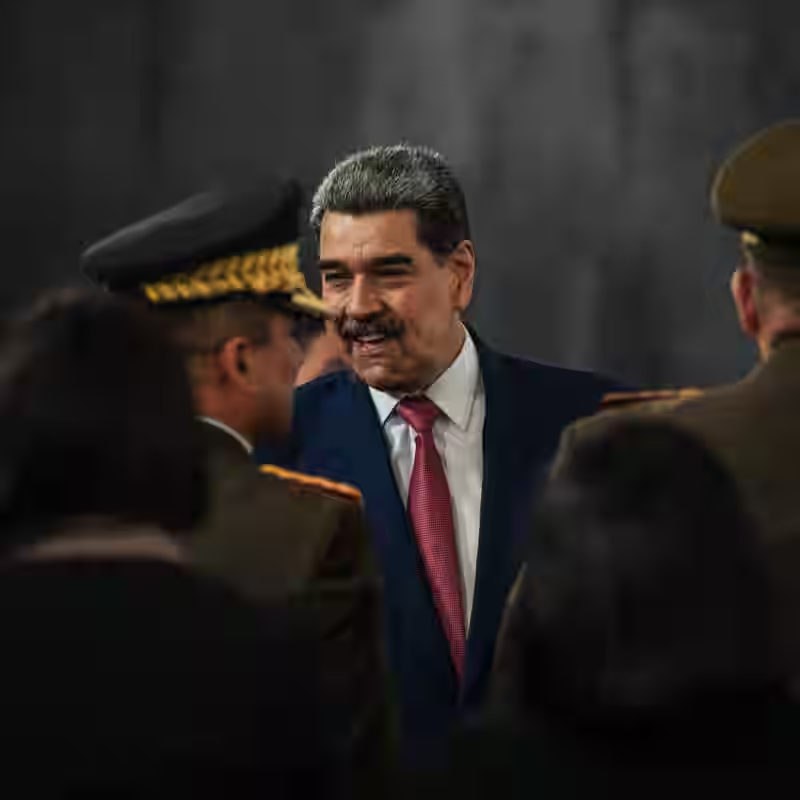From Drug Raids to Coup Plans: The Escalating U.S. Campaign Against Maduro
Top Trump administration officials—including Secretary of State Marco Rubio—are actively advancing a coordinated strategy to remove Venezuelan President Nicolás Maduro from power, leveraging military strikes, intelligence operations, and secret talks with exiled opposition leaders, according to U.S. and Venezuelan sources.
The Blueprint for Dismantling a “Criminal Regime”
Rubio, backed by national security adviser Stephen Miller and CIA Director John Ratcliffe, has framed Maduro not just as an authoritarian leader but as the head of a “narco-terrorist organization” responsible for flooding the U.S. with deadly drugs. This narrative justifies a multi-pronged campaign that includes:
- Lethal naval strikes on suspected drug-smuggling boats in international waters (3 operations since Sept. 2, 2025)
- Pentagon buildup of over 6,500 troops in the Caribbean
- Covert coordination with Venezuela’s opposition on a “100-hour post-Maduro transition plan”
- $50 million bounty offered for information leading to Maduro’s arrest
Opposition’s Secret Roadmap
Venezuelan opposition figures, including advisers to leader María Corina Machado, say they’ve developed a detailed plan to install Edmundo González—widely believed to be the legitimate winner of the 2024 election—as interim president if Maduro falls.
“What we’re talking about is an operation to dismantle a criminal structure,” said Pedro Urruchurtu, a Machado adviser. “It has to be done with the use of force.”
U.S. Military Posture: By the Numbers
| Metric | Detail |
|---|---|
| U.S. Troops Deployed | 6,500+ in Caribbean region |
| Naval Strikes Conducted | 3 (since Sept. 2, 2025) |
| Reported Fatalities | At least 17 |
| Reward for Maduro’s Arrest | $50 million (State Department) |
| Opposition Claimed 2024 Vote Share | ~70% for Edmundo González |
Infographic: The Two Camps in Trump’s Venezuela Strategy

Credit: The New York Times
Rubio-Miller Faction (Regime Change Now)
- Views Maduro as a fugitive drug kingpin
- Supports direct military action inside Venezuela
- Coordinates with exiled opposition
Grenell Diplomacy Wing (Talk First)
- Warns against “another endless war”
- Secured release of U.S. hostages via negotiation
- Advocates economic normalization
Legal and Geopolitical Risks
International law experts warn that military strikes inside Venezuela without UN or host-nation consent would violate sovereignty norms. The White House claims self-defense due to the U.S. opioid crisis—though most fentanyl originates in Mexico, not Venezuela.
Meanwhile, Maduro’s government insists it’s open to dialogue. In a Sept. 6 letter to Trump—later posted publicly—Maduro denied drug trafficking allegations and called for de-escalation.
“We are willing to discuss everything… except my exit,” said Foreign Minister Yván Gil.
For deeper context on U.S.-Latin America tensions, see our analysis on [INTERNAL_LINK:venezuela-us-relations].




